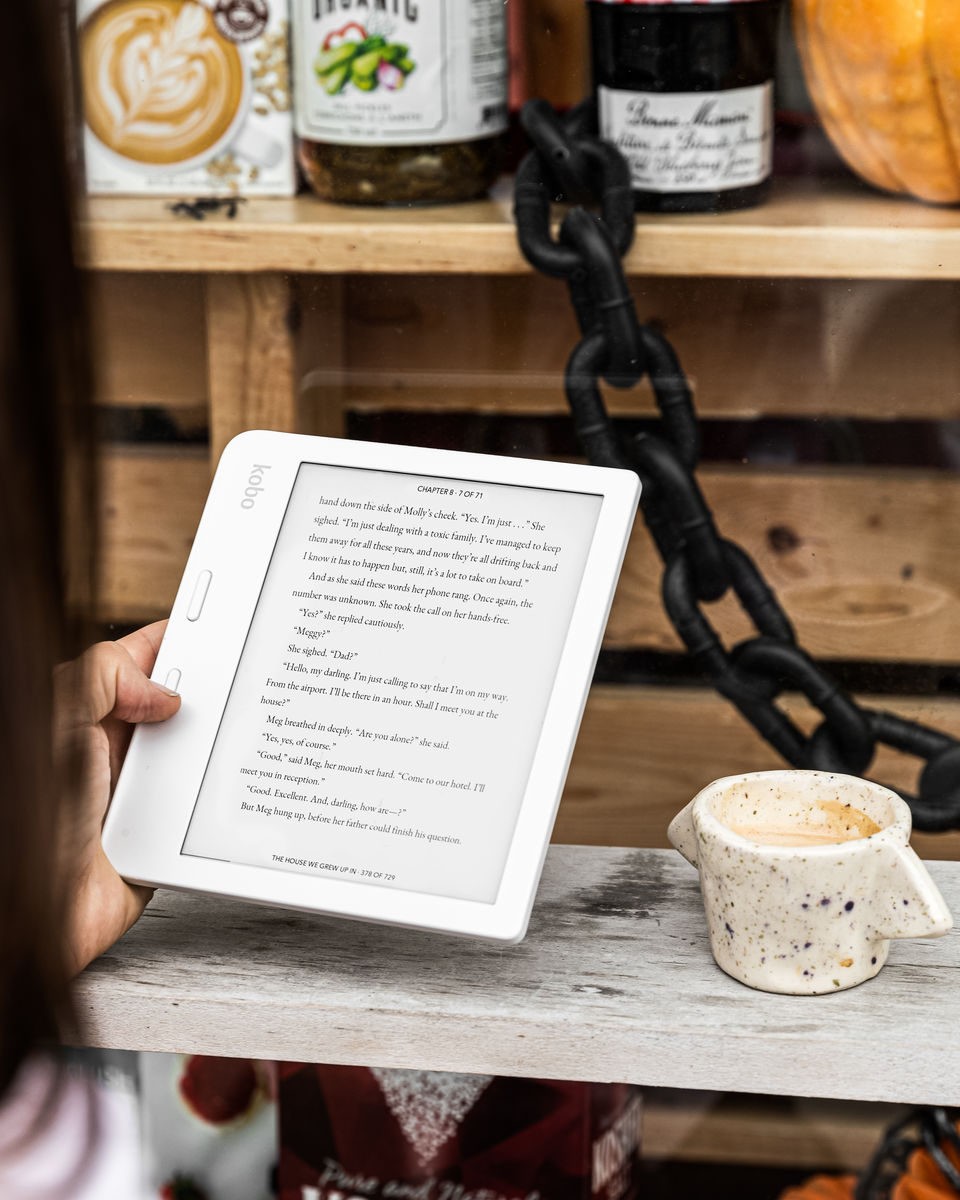
Why your wellness routine isn't complete without books
Because time spent reading is time spent well
Many of us try to improve our wellness through exercise and nutrition, filling our fridges with meal-prep containers and our calendars with yoga classes, but too often we overlook the good that can come from reading a book. While some ambitious wellness-wishers will opt for a formal course of bibliotherapy—the practice of improving mental health by reading and talking about books—the wellness benefits of reading books can reach far beyond mood and mindset.
Reading is good for your brain
Everyone knows books are great sources of knowledge, and for any subject you want to learn there’s a book for it. But did you know that even reading fiction can improve cognitive functioning?
A 2013 study found that reading a novel (Robert Harris’ historical thriller Pompeii) while being periodically scanned in an fMRI over a period of 9 days showed an (unsurprising) increase in function in a part of the brain responsible for understanding story and perspective. But what researchers didn’t expect was that in the days after test participants finished the book, scans showed improved connectivity throughout parts of the brain associated with physical sensation and movement.

Reading can improve cognitive function
And a different study suggested that readers of literary fiction—books in which characters’ internal worlds are filled with subtle details—tend to display more empathy and a more sophisticated comprehension of how others feel and perceive the world. These findings have been challenged, specifically on whether people who are already empathetic are drawn to literary fiction. However, if it turns out that reading books doesn’t actually increase empathy, there are still substantial gains to be made by spending part of every day reading.
Reading reduces stress
The health effects of stress have been linked to mental illness including anxiety and depression as well as a variety of physical ailments, many with no discernable physical cause. And when stress causes unhealthy behaviours like smoking, eating too much or not enough, and not getting a good night’s sleep, it’s a recipe for a stew of unwellness.

Reading has been shown to reduce stress
Fortunately, you can reduce your own stress levels by adding a few minutes of reading to your day. A 2009 study found that reading for half an hour significantly reduced a variety of stress responses in adults and was as effective as spending the same amount of time doing yoga or watching a “Best of Saturday Night Live” compilation video. In the study, test subjects were given articles to read from popular news magazines—which suggests they might see different results if participants spent the time reading a book of their own choosing. And before you let yourself get taken down a YouTube rabbit hole of classic TV comedy in the name of stress relief, remember that books are easy to put down when it’s time to sleep.
Reading improves the quality of your sleep
It seems like these days nobody’s getting enough sleep, and nobody’s sleep is as good as it could be. Most of us already know that on days when you’ve come up short on shut-eye, it’s hard to think, and at the same time emotions can be running wild. Medical experts on the science of sleep also warn that sleep regulates stress hormones, appetite, blood pressure, heart health, and just about every system and tissue in the body.

Reading at the end of the day is a great way to ensure you get a good night’s rest.
But it turns out that reading can make the sleep you do get better. In a study of nearly 1000 people, around half started reading a book in bed before falling asleep, and the other half did whatever they normally did at bedtime. The group that added reading to their nighttime routine was 50% more likely to report an improvement in their quality of sleep during the experiment.
You already know you shouldn’t be going to bed with your phone. But if you’ve got an app for reading books on it and notifications turned off, there’s a case to be made for making an exception. Though to be safe we recommend an actual book or a distraction-free device like an eReader—just look for features like ComfortLight PRO to reduce potentially sleep-disrupting blue light.
Readers live longer
For some people, engaging in a wellness routine is about living their best life now. For many, it’s also about longevity. Is it really your “best” life if you don’t make it last as long as possible?

Reading books is associated with longevity
You know who’s living long? Readers. And not just any readers. Book readers. It’s true: compared to non-readers, readers of books were 20% less likely to die over the course of a 12-year study. That said, we all turn our final page someday, so if there’s anything you really want to read in your lifetime—there’s no better time to start than now. ◼︎
Sources:
- Stress Management Strategies For Students: The Immediate Effects Of Yoga, Humor, And Reading On Stress https://www.researchgate.net/publication/229431397_Stress_Management_Strategies_For_Students_The_Immediate_Effects_Of_Yoga_Humor_And_Reading_On_Stress
- Short- and Long-Term Effects of a Novel on Connectivity in the Brain https://www.ncbi.nlm.nih.gov/pmc/articles/PMC3868356/
- Read your way to Wellness https://wellness.mcmaster.ca/read-your-way-to-wellness/
- The Benefits of Slumber: Why You Need a Good Night’s Sleep https://newsinhealth.nih.gov/2013/04/benefits-slumber
- Does reading a book in bed make a difference to sleep in comparison to not reading a book in bed? The People’s Trial—an online, pragmatic, randomised trial https://www.ncbi.nlm.nih.gov/pmc/articles/PMC8740874/
- THE SURVIVAL ADVANTAGE OF READING BOOKS https://www.ncbi.nlm.nih.gov/pmc/articles/PMC6245064/
